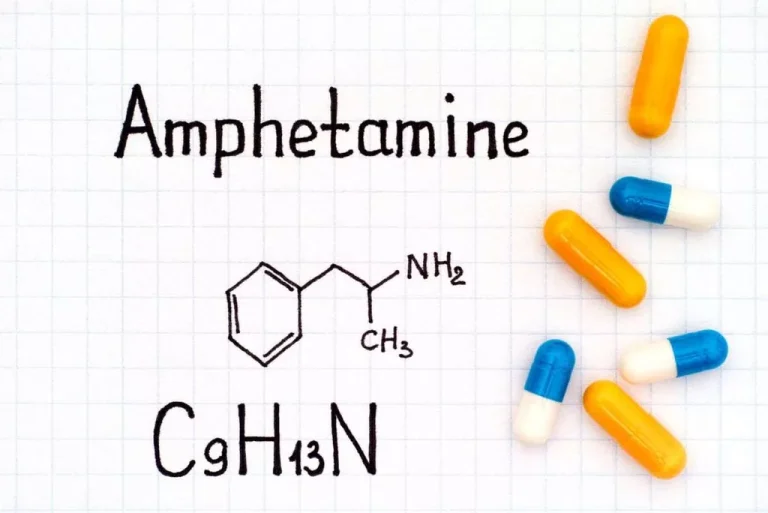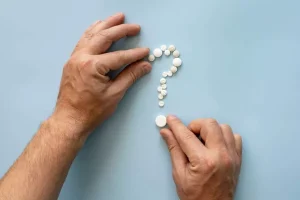
Blood thickness, also known as blood viscosity, is not directly influenced by alcohol consumption. The composition and consistency of blood remain https://ecosoberhouse.com/ relatively constant, regardless of alcohol intake. Talk with a healthcare professional to find out which blood thinner you qualify for.
Top doctors in ,

Heavy alcohol use can lead to the development of alcohol dependence and addiction, making it challenging to cut down on or stop drinking despite the negative consequences. While alcohol might offer certain blood-thinning advantages, its excessive consumption can result in adverse side effects. Certain individuals may develop skin problems like rashes, bruising, and other dermatological issues as a result of blood thinner usage. We’ve all heard the buzz about alcohol thinning your blood, but let’s dive into the nitty-gritty and find out if there’s any truth to it. Ark Behavioral Health offers 100% confidential substance abuse assessment and treatment placement tailored to your individual needs. If you or a loved one is struggling with alcohol abuse, please call our helpline today.

How long can I stay on these medications?

Heparin works by activating antithrombin, and then antithrombin keeps other parts of the clotting process from working normally. Anticoagulants work by interfering with the normal clotting processes. Just like their name suggests, they prevent or undo coagulation, the process where your blood solidifies to form a clot. Depending on the type of anticoagulant, the clotting process disruption happens in different ways.
Common Blood Thinner Medications
Get emergency medical care immediately if you or someone else has symptoms of severely low blood pressure. Direct oral anticoagulants can sometimes cause indigestion or bleeding in your gastrointestinal tract. Heparin can affect other components of your blood and your bones, with side effects ranging from mild to severe. These medications must be taken exactly as directed to work safely and effectively.
Negative Side Effects Of Heavy Alcohol Use
He also reviews and advises on policies, procedures, and techniques for treating substance use disorder. Chronic alcohol use can weaken the immune system, making the body more susceptible to infections blood thinners and alcohol and illnesses. Alcohol abuse can lead to inflammation of the pancreas, a condition known as pancreatitis. This can cause abdominal pain, nausea, and, in severe cases, life-threatening complications.
What are some signs I should call a doctor?
- This forms a platelet plug, which is the initial step in the clotting process.
- Occasional, moderate alcohol use should be safe for most people who are taking blood thinners.
- He is a Fellow of the American College of Cardiology (FACC) and American board-certified in general cardiology, echocardiography, and stress-testing, and nuclear cardiology.
- Ask them about other steps you should take to stay safe while you’re on this medication.
- Changing up how much vitamin K you’re getting each day can prevent warfarin from doing its job.
They’re often prescribed to people at risk of having future blood clots, rather than to treat existing ones. Blood thinners are anticoagulation medications that treat and prevent blood clots. Blood clots are semi-solid clumps of red blood cells, platelets, fibrin (a type of protein), and other proteins. Yes, it’s possible for alcohol to interact with blood-thinning medications, which can increase the risk of bleeding.
Does Alcohol Thin Your Blood? Risks of Alcohol and Blood Thinners
- Consuming alcohol leads to a lower number of blood platelets because the substance hinders the bone marrow’s ability to produce these cells.
- Alcohol can increase your risk of stomach bleeding caused by aspirin and other NSAIDs.
- Heparin is a medication that inhibits clotting by activating your body’s anti-clotting processes.
- Only trained and licensed medical professionals can provide such services.
- Alcohol can reduce some of the “stickiness” of red blood cells, which can lower the odds of blood clotting.
- Alcohol and blood thinners both have effects on the body and combining them can potentially increase the risk of bleeding.
How Does Alcohol Stop Blood Cells From Sticking Together?
